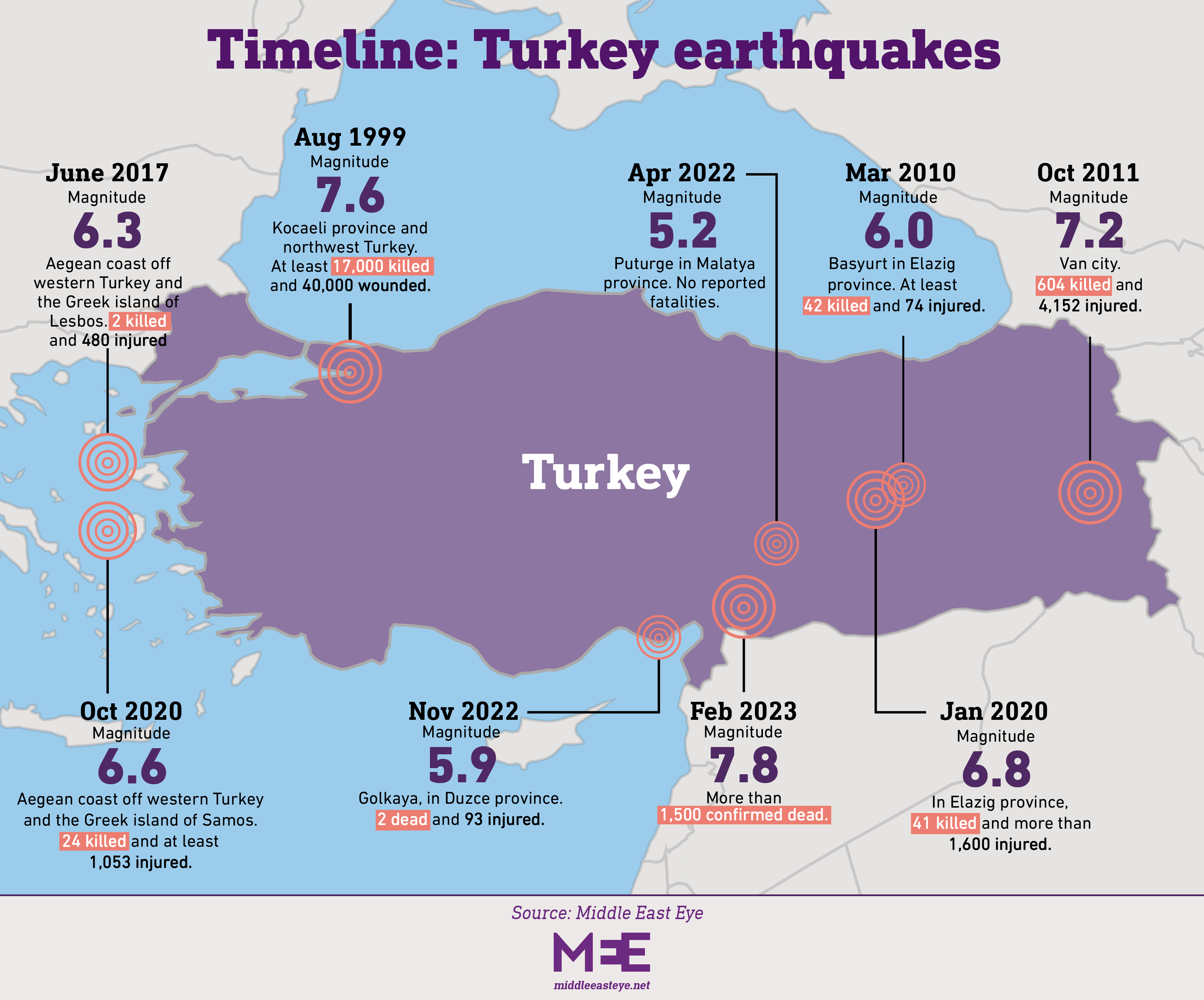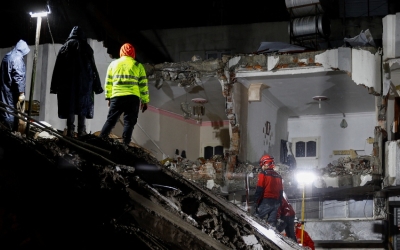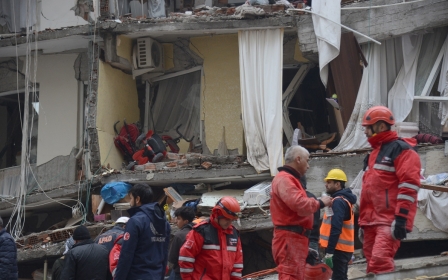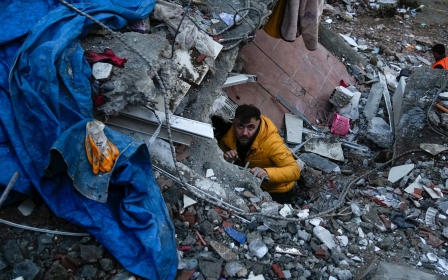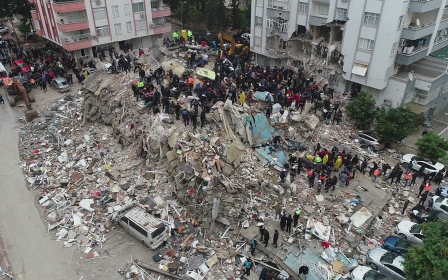Turkey earthquake: Thousands killed as rescue efforts continue in freezing temperatures
Rescue workers across Turkey and Syria are working overnight to locate and assist people trapped under rubble, as the death toll continues to rise over 4,000 people after two massive earthquakes hit the two countries.
Thousands of search and rescue workers have been dispatched by the Turkish government, while the United States, European Union, Iran, the United Kingdom, Russia, and South Korea are sending resources and teams to assist in rescue and relief operations.
Turkey and Syria will also be receiving aid from Gulf countries. The United Arab Emirates said it would dispatch search and rescue teams to both countries, establish a field hospital in Turkey and send emergency supplies to Syria. Dubai also pledged $13m in humanitarian aid to Syria. Qatar has said it was sending a search and rescue team and hospital equipment to Turkey.
The next few hours will be critical for the survival of those still stuck under the rubble, as near-freezing temperatures in the region could expose survivors to hypothermia.
The death toll in Turkey is at least 2,921 people, according to Turkey's disaster management agency, Afad. In Syria, at least 1,444 people have been killed according to tallies from the government of Bashar al-Assad and rescue workers in the rebel-held northwestern part of the country.
New MEE newsletter: Jerusalem Dispatch
Sign up to get the latest insights and analysis on Israel-Palestine, alongside Turkey Unpacked and other MEE newsletters
And the death toll is expected to increase significantly.
"There’s continued potential of further collapses to happen, so we do often see in the order of eight-fold increases on the initial numbers," Catherine Smallwood, the World Health Organization’s senior emergency officer for Europe, told AFP.
The earthquakes on Monday were the deadliest in Turkey since 1999, when an earthquake in Kocaeli killed more than 17,000 people. The country's president, Recep Tayyip Erdogan, declared a seven-day period of mourning on Monday.
Serious obstacles
In addition to the earthquakes killing thousands, they have also severely damaged the infrastructure in southern Turkey and northern Syria. In Turkey alone, the quakes affected 10 cities where approximately 13.5 million people reside, destroying at least 6,000 buildings.
And despite the pouring in of assistance from other countries, the UN has warned that damaged roads, fuel shortages, and harsh winter weather have created serious obstacles for UN agencies to provide aid to millions of Syrian refugees.
"The infrastructure is damaged, the roads that we used to use for humanitarian work are damaged, we have to be creative in how to get to the people... but we are working hard," UN resident coordinator El-Mostafa Benlamlih told Reuters.
The aftermath highlighted the plight of Syrian refugees, as the rebel-held northwest is home to many who have been displaced by fighting during the country's civil war. Turkey, meanwhile, is home to more than three million Syrian refugees, making it the country that hosts the most refugees in the world.
Survivors of the earthquake in Syria described to MEE scenes and feelings of horror in the aftermath of the first shock.
"It's been almost two hours now and I still haven't calmed down. I feel as if I am walking on a sponge and my anxiety is insane," a resident of Damascus told MEE.
Middle East Eye delivers independent and unrivalled coverage and analysis of the Middle East, North Africa and beyond. To learn more about republishing this content and the associated fees, please fill out this form. More about MEE can be found here.


